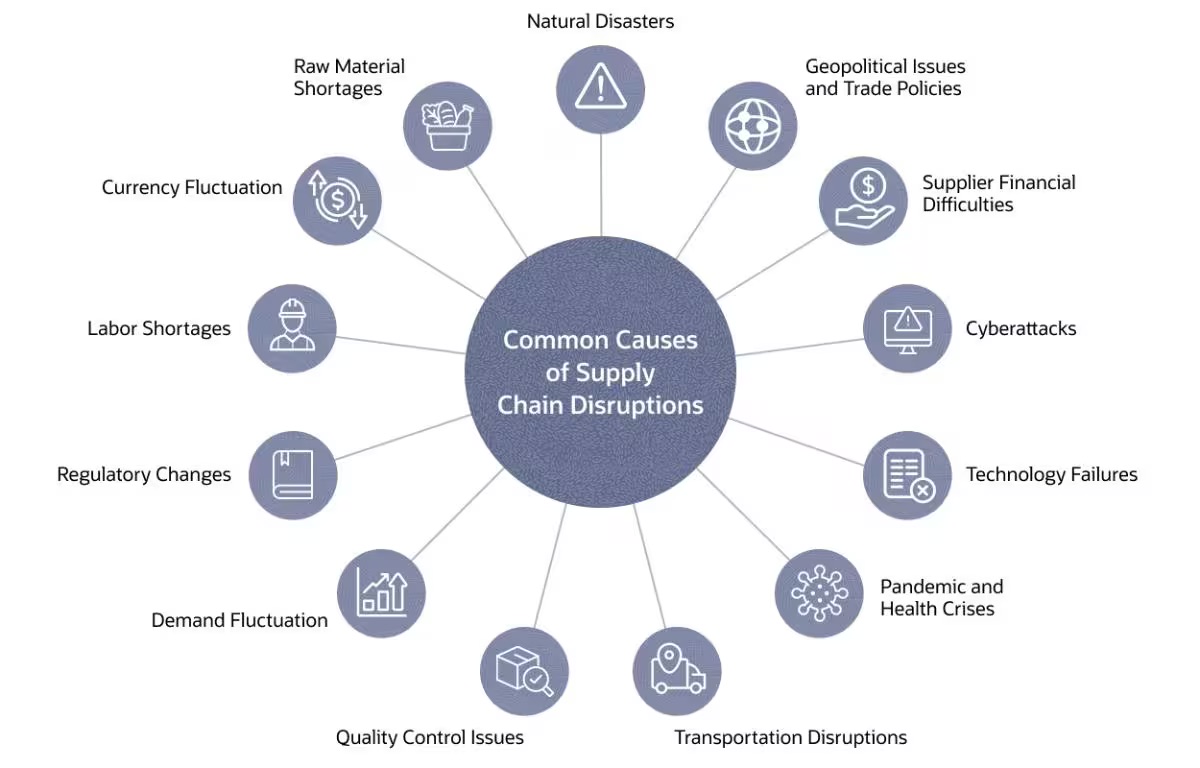The Value of a Strategic Supply Chain Hub (and Why Memphis, TN Is One of Them)
In healthcare logistics, speed, precision, and reliability are critical. As pharmaceutical, biotech, and medical device companies scale, the importance of a strategically located, purpose-built distribution hub has never been more pronounced.
Memphis, Tennessee, has emerged as a standout logistics hub—not just for its central location, but for what it enables: faster fulfillment, lower costs, and greater control across the supply chain. LifeScience Logistics’ new 625,000-square-foot facility in Memphis is designed specifically to meet the high-stakes demands of modern healthcare distribution.
Why Location Matters
While healthcare has embraced digital transformation in everything from diagnostics to patient engagement, the physical movement of life-saving therapies remains a tangible, high-risk aspect of the supply chain. In this context, location isn’t about convenience—it’s about reach, responsiveness, and risk mitigation.
A central location near major air and ground shipping hubs allows distributors to move products faster and more efficiently. Memphis is uniquely situated to do just that. With direct proximity to a global carrier hub, shipments can leave as late as 11 PM and still reach most U.S. destinations within 24–72 hours. That speed is invaluable when you’re dealing with temperature-sensitive biologics or urgent finished goods deliveries.

Map Showing Memphis as Distribution Hub – Source: CBS News
Why Memphis Became a National Logistics Hub
Memphis has earned its reputation as “America’s Distribution Center.” The city is one of the top 5 supply chain hubs in the U.S. —not only because it sits at the geographic nexus of the country, but also because it’s located at a rare convergence of major transportation hubs, including:
- The nation’s largest hub for air cargo traffic
- One of the most-trafficked inland ports on the Mississippi River
- Connectivity to all five major Class 1 railroads and key interstates (I-40, I-55, I-269, I-22)
This location allows interlinked air, rail, and road routes to support global logistics flows. As a result, the area has formed a thriving logistics ecosystem made up of independent companies, third-party logistics providers, and a dense cluster of logistics-enabled partners. Many companies transitioning from multiple mid-sized warehouses to fewer, larger distribution centers choose Memphis as a central hub.
Built for Cold Chain Complexity
As healthcare therapies become increasingly personalized and temperature-sensitive—especially in specialties like cell and gene therapy (CGT)—the burden on logistics infrastructure continues to grow. CGT market alone is projected to reach $187.44 billion by 2034, reflecting a 24% CAGR over the next decade. Meanwhile, more than 85% of biologics require cold storage, often under cryogenic conditions sustained by liquid nitrogen.
These complex therapies demand more than a generic warehouse. They require a purpose-built distribution center, equipped with cold chain storage and distribution capabilities, and engineered to protect high-value, high-risk products from origin to destination.
LifeScience Logistics’ new Memphis facility was designed with these challenges in mind. Cold chain isn’t an afterthought—it’s built into the infrastructure. The 625,000-square-foot hub offers Controlled Room Temperature (20°C to 25°C), Refrigerated (2°C to 8°C), and drive-in freezer (-30°C) environments all under one roof. Cold chain automation helps reduce risk, avoid spoilage, and minimize costs.
Cold docks are one of LifeScience Logistics’ most important differentiators in Memphis, providing a critical safeguard for temperature-sensitive products. By ensuring that loading and unloading take place entirely within validated, temperature-controlled conditions, LSL eliminates the weakest link in many supply chains—the transition from storage to transport. This seamless protection minimizes Time Out of Refrigeration (TOR) events, even in Memphis’ fast-paced, high-volume cargo environment. For manufacturers of biologics, vaccines, and GLP-1s, cold docks provide unmatched assurance of quality, compliance, and regulatory readiness. LSL’s investment in this infrastructure reinforces supply chain resilience and delivers a competitive advantage in product integrity and customer confidence.
Security: Built-In, Not Bolted On
Healthcare requires foundational—not reactive—security. The movement of high-value, often lifesaving therapies demands infrastructure designed to prevent breaches before they occur. Facilities aligned with top-tier standards, such as TAPA Level A security certification, demonstrate a commitment to preemptive protection. That means more than just cameras and locks—it includes high-value cages, tightly controlled access, and real-time monitoring systems that reduce the margin for error, theft, and diversion. As the pharmaceutical supply chain becomes a growing target, security by design is a strategic imperative.
Scalability: Ready for What’s Next
Growth in healthcare is rarely linear. Product launches, shifts in patient demand, changes in regulatory requirements, and global health events can all drive sudden supply chain shifts.

Forces That Drive Supply Chain Disruptions and Shifts – Source: Oracle NetSuite
Logistics partners must be able to scale operations without sacrificing speed, accuracy, or compliance. Facilities like LSL’s new site in Memphis—equipped with robotic picking systems, four layers of operational redundancy, and 50,000+ ambient pallet positions—enable just that. The ability to flex capacity and throughput isn’t just an operational benefit; it’s a competitive advantage when timing and reliability are everything.
Compliance: Engineered to Evolve
Regulatory expectations in healthcare logistics are only growing more stringent. Facilities that are cGMP-ready and designed with auditability in mind help companies avoid costly setbacks and stay market ready. But true compliance leadership goes beyond checking boxes. It means anticipating future requirements, embedding quality systems into day-to-day workflows, and integrating with customers’ tech ecosystems to maintain transparency.
A Strategic Hub is Not Just a Warehouse, It’s a Launchpad
In today’s healthcare economy, distribution isn’t just about storage—it’s about acceleration. When done right, a strategically located, healthcare-specialized facility becomes an extension of your operational advantage. It turns geography into velocity, infrastructure into resilience, and complexity into consistency.
At LSL’s new Memphis facility, it’s not just about where your product sits—it’s about where it goes, how fast it gets there, and how confidently you can scale along the way.
Because in healthcare logistics, location is more than a pin on a map. It’s the heartbeat of your supply chain.
Learn more about our Memphis site and request information, here.
